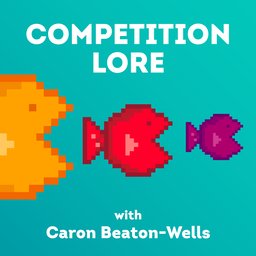Many of us use the term "platform" on a daily basis to describe businesses that we connect with online. But when and how does a business act as a platform? And what difference does this make to platform users, whether as consumers or other businesses that sell or advertise products and services on it?
Professor Dick Schmalensee has been studying platforms since at least the 1980s. He says the simplest definition of a platform is a business that brings different sides together. It's an old model but one supercharged by the tech-revolution, and it's getting attention from many authorities around the world. The first challenge though is to understand just what they are dealing with.
In this episode of Competition Lore, Professor Schmalensee defines the platform business model and explains how their network effects work, making them attractive to users but also potentially challenging for competition law enforcement.
Here is just a sample of Dick Schmalensee’s recent work relevant to this episode:
Matchmakers: The New Economics of Multisided Platforms, Harvard Business Review Press, 2016 (with David Evans)
Network Effects: March to the Evidence, not to the Slogans, 2017 (with David Evans).
The Antitrust Analysis of Multisided Businesses, 2015 (with David Evans)
Featuring regular cut-through interviews with leading thinkers, movers and shakers, Competition Lore is a podcast series that engages us all in a debate about the transformative potential and risks of digitalised competition.
Join Caron Beaton-Wells, Professor in Competition Law at the University of Melbourne, to tackle what it means to participate as a competitor, consumer or citizen in a digital economy and society.
Competition Lore is produced by Written & Recorded.
 Competition Lore
Competition Lore


